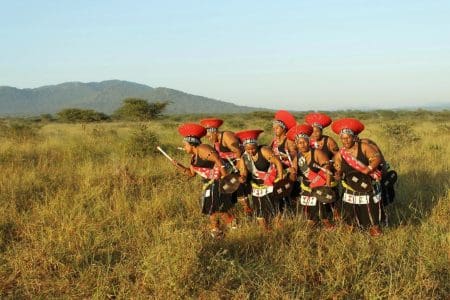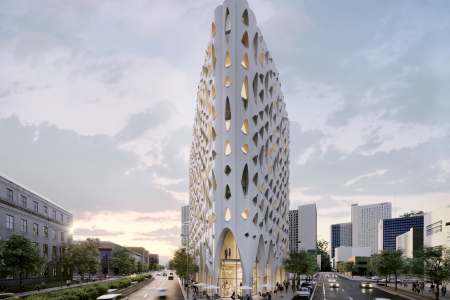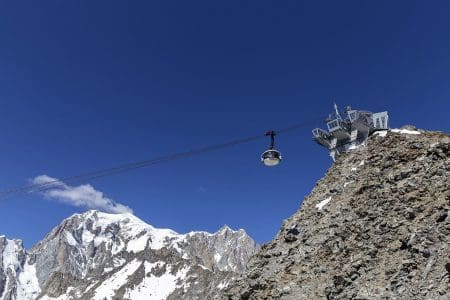Madeira has been recognised by EarthCheck for achieving the second level of the silver seal certification as a “Sustainable Tourist Destination.” This recognition highlights Madeira’s continued commitment to meeting the rigorous standards set by EarthCheck, a leading global tourism certification entity accredited by the Global Sustainable Tourism Council.
After achieving certification as a Sustainable Tourist Destination in February 2023, obtaining the first level of the silver seal certification, the Autonomous Region of Madeira (Madeira and Porto Santo) underwent its second annual audit this year. During this period, the independent auditor EarthCheck visited and evaluated various infrastructures in the archipelago and reviewed all documentation to assess the destination’s alignment with the 12 key areas of action required for sustainability. The auditor recognised the region’s high commitment to preserving its cultural and natural heritage and enhancing its environmental, social, cultural, and economic dimensions.
The certification journey continues, requiring the Region to demonstrate progress and commitment to the four pillars of sustainability in its annual audit, with the goal of reaching the highest certification level, Gold, by 2027.
The Regional Secretary for Tourism and Culture, Eduardo Jesus, says, “it is necessary to continue this sustainable journey, prioritising the preservation of natural resources, involving the entire local community, complying with the measures that we committed to in the Action Plan and implementing new actions that make the Autonomous Region of Madeira an increasingly sustainable destination, reinforcing its commitment to sustainability and increasing the destination’s notoriety”.
This process is led by the Regional Secretariat for Tourism and Culture, through the Regional Directorate of Tourism – Directorate of Tourism Qualification Services, with advisory support from the Institute for Tourism Development Planning (IPDT). EarthCheck, accredited by the Global Sustainable Tourism Council, serves as the certifying entity responsible for destination audits.
Several local stakeholders participate in this work, organised into “Working Groups” that integrate with the Destination Sustainability Management Structure (DMO). These groups include a wide range of entities, such as regional directorates, institutes, representatives of municipalities, public, associative or private entities, and non-governmental organisations, totalling about 90 entities.
Image: Lagoa Dona Beja ©Simon Zino



